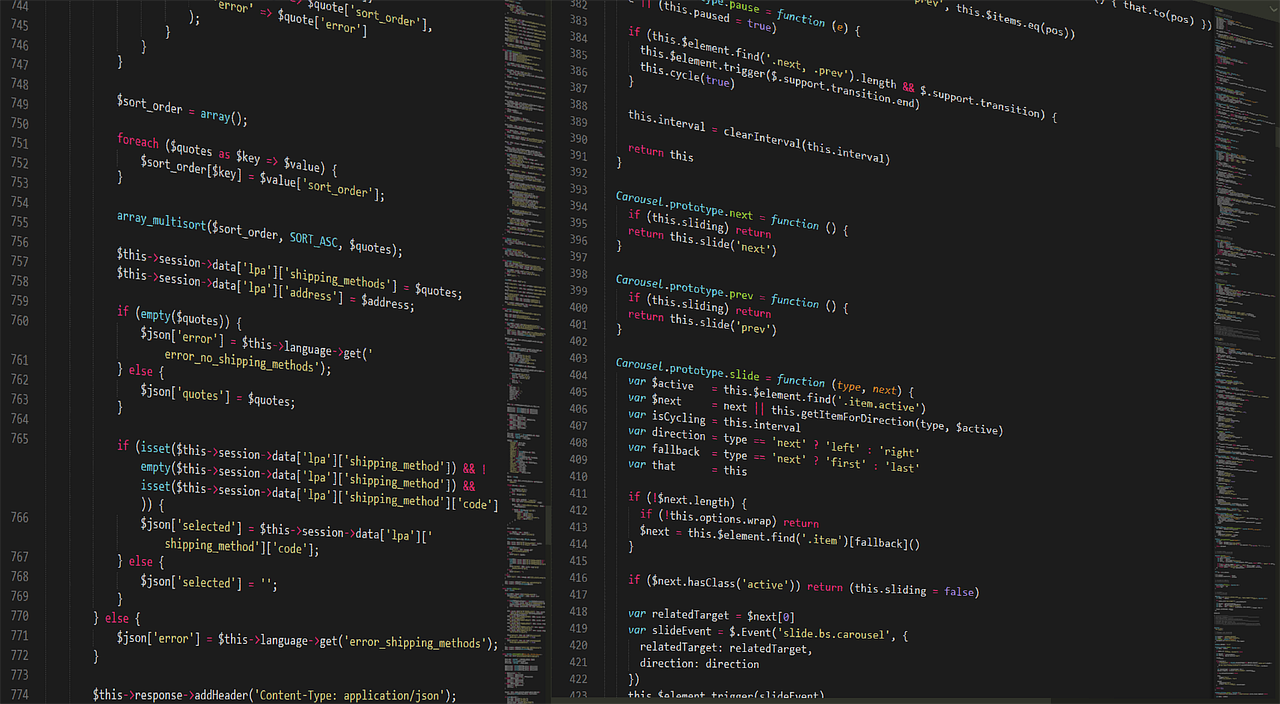In the ever-evolving world of digital communication, programming, and internet culture, strange or unfamiliar strings of characters can sometimes take on unexpected significance. One such term is “znxnz.” At first glance, it appears cryptic, perhaps even meaningless—but as with many obscure terms, its true value depends entirely on context.
In this article, we’ll explore the potential interpretations of “znxnz,” examine the environments where it might appear, and help you understand whether it’s something to pay attention to—or simply ignore.
What Is znxnz?
Let’s start with the basics: “znxnz” is not a standard term in English, tech, or any commonly known field. There are no widely accepted definitions in dictionaries, software documentation, or programming languages.
So what could it be?
The possible meanings include:
- A placeholder in programming or writing
- A random string used in testing or dummy content
- A typo or keyboard smash
- A user handle or unique identifier
- A term from an obscure subculture, brand, or inside joke
Potential Contexts Where znxnz May Appear
Even though “znxnz” lacks a formal definition, its function and significance can change depending on the context. Let’s break down some common areas where such a term might show up.
1. In Programming or Technical Documentation
In programming environments, unusual strings like “znxnz” are often used as:
- Variable names during testing
- Placeholders for data structures
- Part of encryption keys or hashes
While professional developers usually use descriptive variable names, temporary or prototype code might include random strings like this simply to test logic or syntax.
Example:
znxnz = fetch_dummy_data()
In this example, znxnz doesn’t mean anything—it’s just a stand-in name for a variable that would later be renamed or replaced.
2. In Casual Internet Conversations
You might come across “znxnz” in a comment, forum post, or social media thread. It could be:
- A username
- A joke or meme reference
- A typo
Often, strings like “znxnz” are keyboard smashes, meant to show frustration, excitement, or randomness. Think of it as the next evolution of “asdfghjkl.”
3. As a Placeholder in Web Design or Content Writing
Writers and designers use placeholder text all the time—like “lorem ipsum.” Similarly, “znxnz” could be used to:
- Simulate a real brand or product name
- Fill space temporarily
- Act as a mock identifier for UX/UI testing
This is especially true in mockups, wireframes, or content outlines where the final wording hasn’t yet been decided.
4. As a Unique Brand, Username, or Tag
With millions of users online, many short names and handles are already taken. That forces people to get creative—and sometimes, invent nonsensical but unique combinations like “znxnz.”
A brand, streamer, or even NFT project could decide to make “znxnz” their trademark term simply because:
- It’s short
- It’s unique
- It’s easy to search
Could znxnz Be a Typo?
Yes, and this is one of the most likely scenarios.
Let’s analyze:
- The string “znxnz” is made up of just two letters: Z and N, alternating with X.
- It’s easy to hit these keys randomly on a QWERTY keyboard (especially if typing fast or one-handed).
- There’s no known acronym or abbreviation that spells this sequence.
So, in many cases, someone typing “znxnz” may have meant something else, or simply mashed keys in the middle of writing.
How to Understand Terms Like znxnz in Context
When dealing with cryptic terms like this, it’s important to have a framework for interpretation. Here’s how you can analyze unknown strings:
Step 1: Check the Source
- Is it from a technical document, casual chat, or something else?
- Look at the domain (e.g., .edu, .gov, .com) if it’s online.
Step 2: Analyze Nearby Text
- What words are used around “znxnz”?
- Are there hints or patterns that suggest its role (like a variable or username)?
Step 3: Google It
- Often, Googling a strange term gives you either:
- Direct meanings
- Related posts or contexts
- User profiles or content using the term
Step 4: Ask the Author (if possible)
If you’re reading someone’s blog or social media post, sometimes the simplest answer is to ask what they meant.
Could znxnz Become a Trend?
In internet culture, meaningless strings can suddenly become meaningful. We’ve seen it happen with:
- Memes
- Startup names (e.g., “Xobni” was “Inbox” spelled backward)
- Tech jargon
So, it’s not impossible that “znxnz” could one day evolve into:
- A brand
- A game character
- A viral hashtag
- Even a band name
All it takes is the right cultural moment—or creative mind.
Conclusion
The term znxnz might be meaningless—or it might mean something significant depending on context. While it currently doesn’t hold a widely recognized definition, it’s a good case study for understanding how the internet shapes meaning around symbols, strings, and slang.
Whether you’re a developer, content creator, digital marketer, or casual user, learning how to analyze unfamiliar terms is an essential skill in today’s digital world.
TL;DR:
“znxnz” could be a typo, a placeholder, a variable, or a made-up name. Unless it’s defined clearly in its context, treat it as a placeholder or random string until proven otherwise.
Frequently Asked Questions (FAQs)
Q: Is znxnz a real word?
No, “znxnz” is not a real word in the English language or any major language. It’s likely a random or placeholder string.
Q: Can znxnz be used as a brand name?
Yes, its uniqueness and short length make it suitable for branding—if you’re looking for something completely original and abstract.
Q: Is znxnz a programming term?
Not specifically. It might appear as a variable or dummy string but is not a reserved or defined programming keyword.
Q: Why do people use random strings like znxnz online?
Random strings can serve as usernames, test data, placeholders, or expressions of randomness (e.g., like a keyboard smash).



